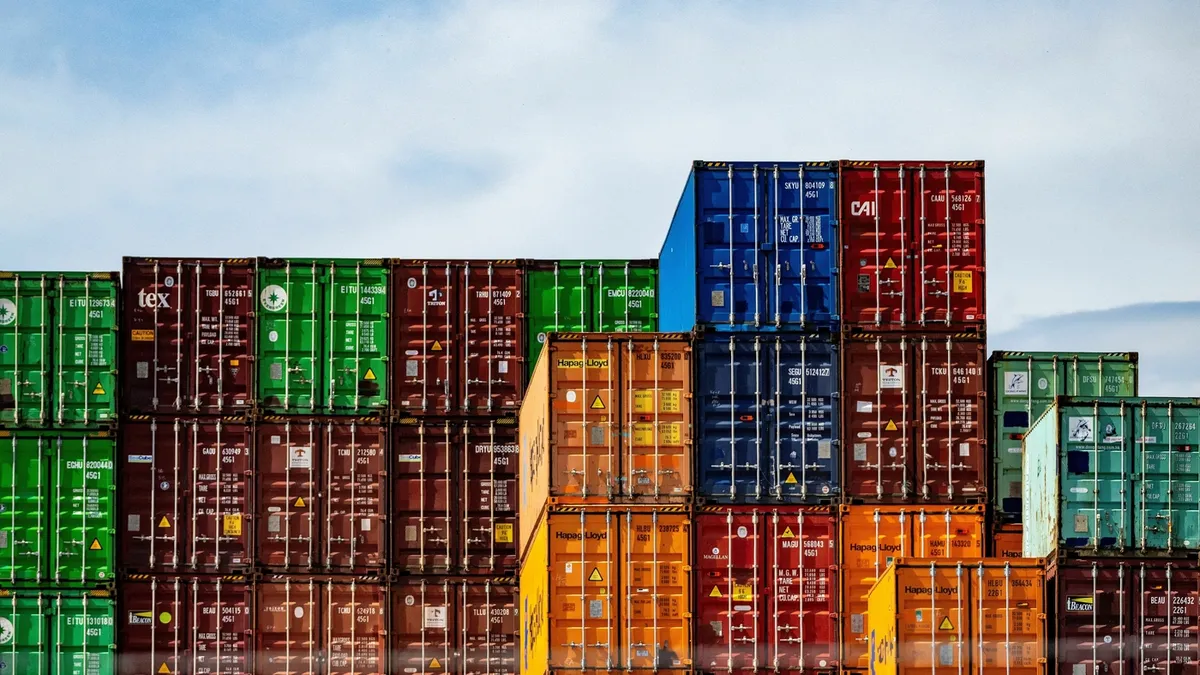
In the words of former President Donald Trump, tariffs serve as the political equivalent of duct tape: a versatile tool that can address a multitude of issues. This perspective has shaped his administration's approach to international trade and economic policy.
One of the primary uses of tariffs in Trump's strategy is as a negotiating tool. He effectively utilized the threat of tariffs to influence policy changes in Canada and Mexico, pushing for border policies that aligned with his administration's objectives. By leveraging the potential for increased costs on imports, Trump aimed to create a sense of urgency and compliance among foreign leaders.
Additionally, tariffs are viewed by Trump as a potential source of revenue. This revenue could help mitigate the financial impact of his proposed $4.5 trillion in tax cuts. By imposing tariffs on imported goods, the administration hopes to generate funds that could support domestic initiatives while also appealing to his base.
Another critical aspect of Trump's tariff strategy is its role in protecting American manufacturing jobs from foreign competition. By imposing tariffs on specific imports, the administration aims to encourage consumers to buy domestically produced goods, thereby bolstering the local economy and preserving jobs in key industries.
As another significant round of tariffs is expected to be announced soon, questions arise about the overall strategy behind this approach. Rana Foroohar, a Financial Times columnist and author of the book Homecoming: The Path to Prosperity in a Post-Global World, describes these tariffs as an experiment that could potentially transform the global economic landscape. This bold strategy raises important discussions about the future of international trade and economic relations.
For those interested in exploring these topics further, consider tuning into Consider This, a podcast that delves into current events and their implications. For sponsor-free episodes, you can sign up for Consider This+ via Apple Podcasts or at plus.npr.org. If you have questions or comments, feel free to reach out at considerthis@npr.org.
This episode of Consider This was produced by Matthew Cloutier and Brianna Scott, with editing by Connor Donevan and Courtney Dorning. The executive producer of the show is Sami Yenigun.